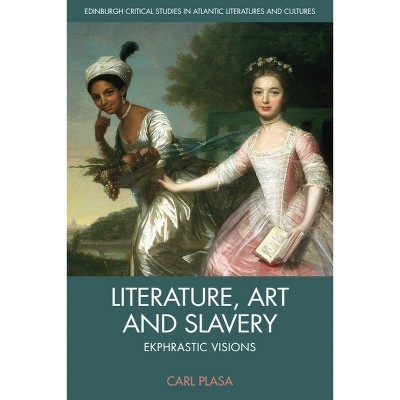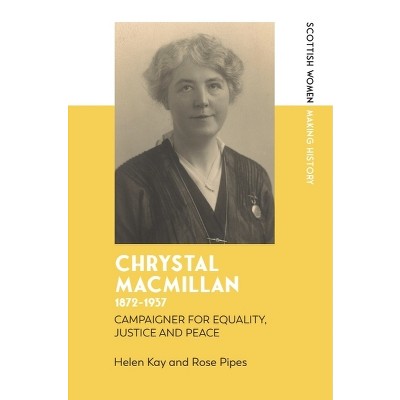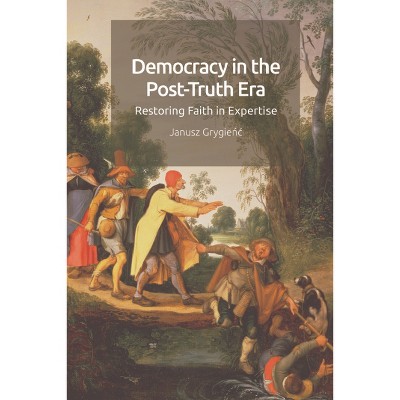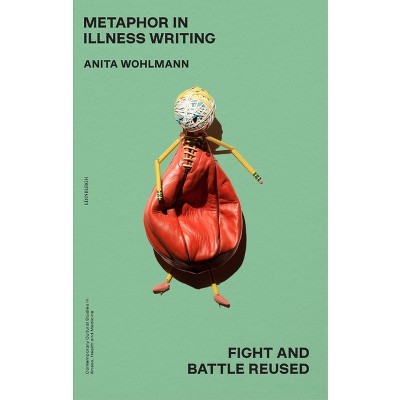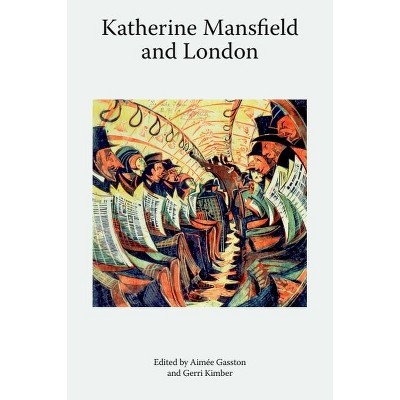About this item
Highlights
- The history of the contemporary is a history of crisis - most centrally, the twinned crises of environmental destruction and anti-Black violence.
- About the Author: Henry Ivry is a Lecturer 20th and 21st Century Literature in the School of Critical Studies at the University of Glasgow.
- 232 Pages
- Literary Criticism, American
Description
About the Book
Contemporary African American writing negotiates the twinned crises of anthropogenic climate change and anti-Black violence by thinking in new ways about scaleBook Synopsis
The history of the contemporary is a history of crisis - most centrally, the twinned crises of environmental destruction and anti-Black violence. Transscalar Critique argues that contemporary Black literature navigates this crisis by taking a transscalar approach, understanding crisis as working on multiple scales simultaneously, from the molecular to the geological, from the economic to the aesthetic. As a consequence, this book proposes transscalar critique as a mode of literary criticism. Organized around specific crises and authors, Transscalar Critique argues that crisis offers a window into how competing analytical, artistic, and planetary frameworks collide. In a moment of crisis, questions of race, geology, politics, epistemology, and ontology are brought into focus in surprising and unexpected ways and Transscalar Critique uses the literary, critical, and public policy responses to these events to reveal connections between the human and nonhuman worlds.
From the Back Cover
Brings together Black studies, African American literature and public policy to argue for the causal role that literature plays in shaping a more sustainable and equitable future The history of the contemporary is a history of crisis - most centrally, the twinned crises of environmental destruction and anti-Black violence. Transscalar Critique argues that contemporary Black literature navigates this by taking a transscalar approach, understanding crisis as working on multiple scales simultaneously, from the molecular to the geological, from the economic to the aesthetic. As a consequence, it proposes transscalar critique as a mode of literary criticism. Organised around specific crises and authors, Transscalar Critique argues that crisis offers a window into how competing analytical, artistic and planetary frameworks collide. In a moment of crisis, questions of race, geology, politics, epistemology and ontology are brought into focus in surprising and unexpected ways and Transscalar Critique uses the literary, critical and public policy responses to these events to reveal connections between the human and nonhuman worlds. Henry Ivry is a lecturer in 20th and 21st Century Literature in the School of Critical Studies at the University of Glasgow.Review Quotes
Henry Ivry's Transscalar Critique offers a penetrating response to the Anthropocene's problem of scale. Necessary and urgent, Transscalar Critique centres Black Studies as a vital precursor to contemporary examinations of scale. In doing so it provides an essential corrective to the study of the Anthropocene in literature.--David Farrier, University of Edinburgh
About the Author
Henry Ivry is a Lecturer 20th and 21st Century Literature in the School of Critical Studies at the University of Glasgow.
Shipping details
Return details
Trending Fiction







